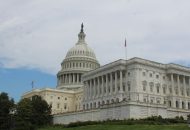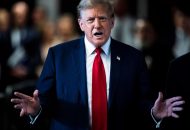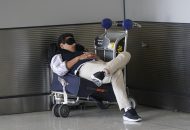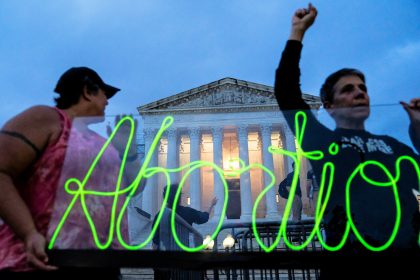SCOTUS Case Preview: Election Fraud
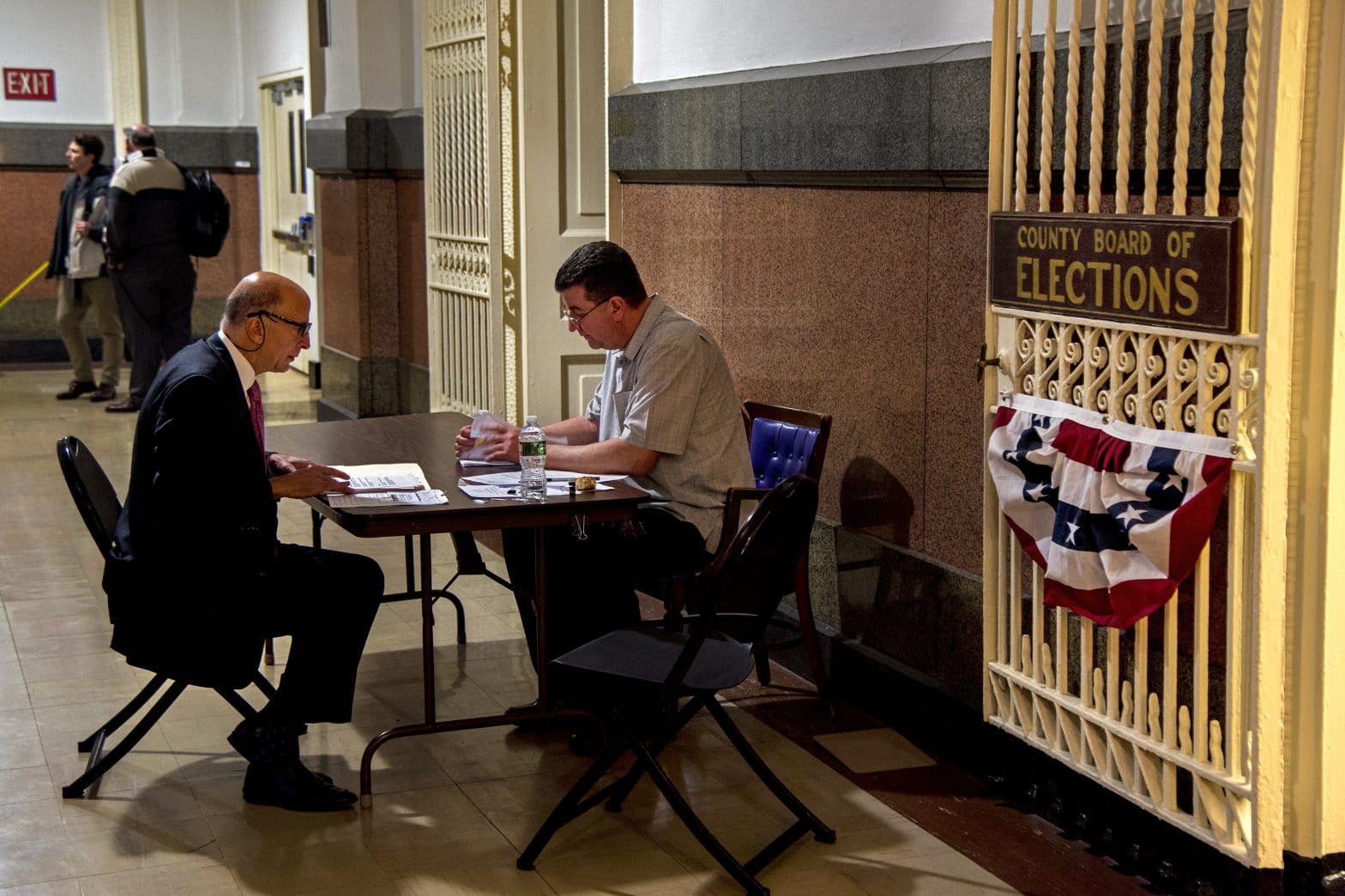
This is one of five noteworthy Supreme Court cases that will be heard between April 16 and April 23. You can read the other previews here:
- April 16: Should State Law Govern Offshore Wages?
- April 16: Due Process and Trusts
- April 23: Census Citizenship Question
- April 23: The Rights of An Unconscious Motorist
—
On Wednesday, April 17, the justices will wade into a case stemming from a 2009 city council primary election in Troy, New York.
During that election, a number of individuals forged signatures and otherwise provided false information on more than 50 absentee ballots applications. Edward McDonough, the elections commissioner for Rensselaer County, New York, approved the applications, but later said he did not know they were fraudulent.
After the plot to corrupt the vote was uncovered, a state court appointed Trey Smith as a special district attorney to investigate the case and prosecute all involved. Eventually, Smith set his sights on McDonough, accusing him of committing 74 felonies.
McDonough was acquitted twice of forgery and possession of a forged instrument charges, with the second acquittal coming on Dec. 21, 2012.
Almost exactly three years later, McDonough sued Smith, investigators and witnesses in the case seeking $8 million in damages.
In his lawsuit, McDonough claimed Smith and the other defendants violated his due process rights by fabricating evidence and using it against him before a grand jury and in two trials.
The defendants filed a motion to dismiss, claiming, among other things, that McDonough’s claim was barred by the three-year statute of limitations because the allegedly fabricated evidence had been disclosed to McDonough over three years before he filed his Section 1983 claim.
A federal judge dismissed McDonough’s due process claims, citing the statute of limitations.
The Second Circuit affirmed that decision in August 2018 that McDonough filed his suit too late, deciding that he should have filed the suit after his first trial when he would have realized that false evidence was allegedly being used against him. The decision created a split in circuit courts.
The justices will decided whether the Second Circuit was correct in holding, contrary to the holdings of a majority of other circuits, that the statute of limitations for a Section 1983 claim based on fabrication of evidence in criminal proceedings begins to run when the defendant becomes aware of the tainted evidence and its improper use.
The non-partisan Brennan Center filed an amicus brief arguing that the Second Circuit’s ruling interferes with the fair and efficient administration of criminal justice and should be overturned.
Because criminal proceedings often take years to conclude, adhering to the Second Circuit’s rule would force many defendants to make a difficult choice: either forgo bringing a Section 1983 suit or initiate parallel civil actions while their criminal proceedings are ongoing,” the center said.
“Regardless of which choice a defendant makes, the justice system and our trust in it suffer,” the brief said.
The case is 18-485 McDonough v. Smith.









